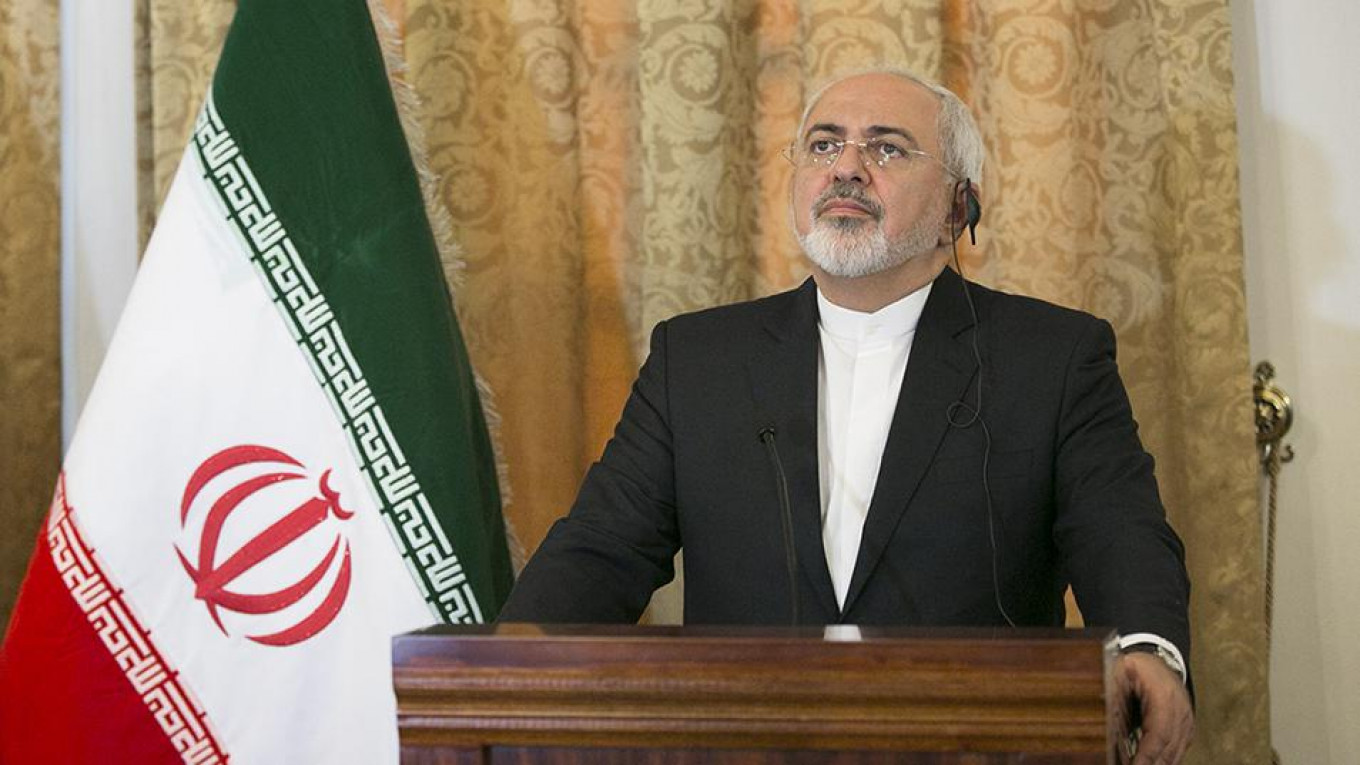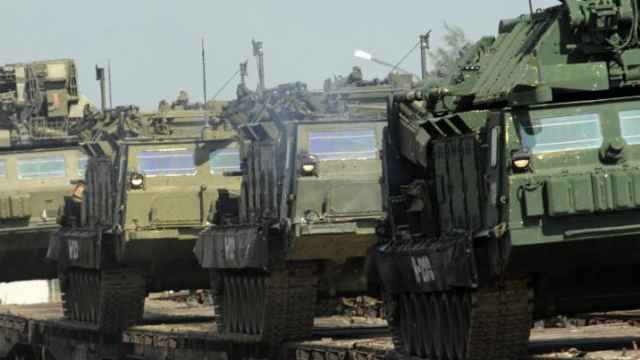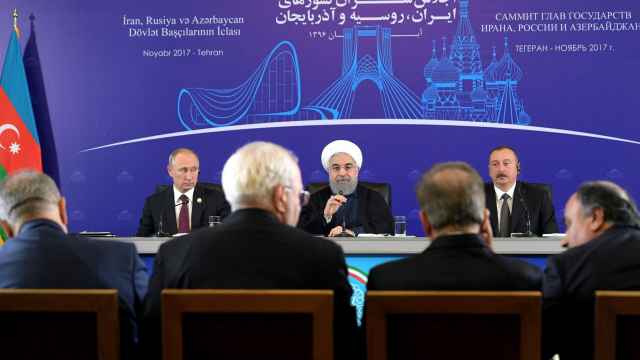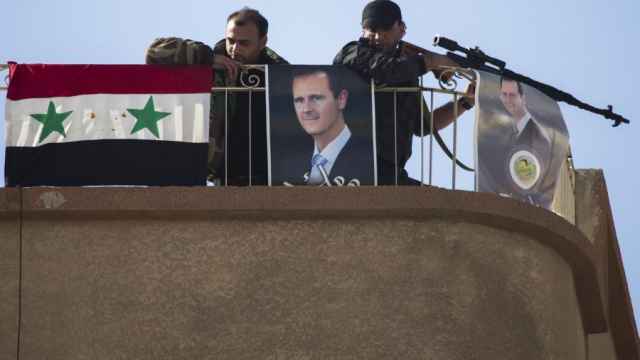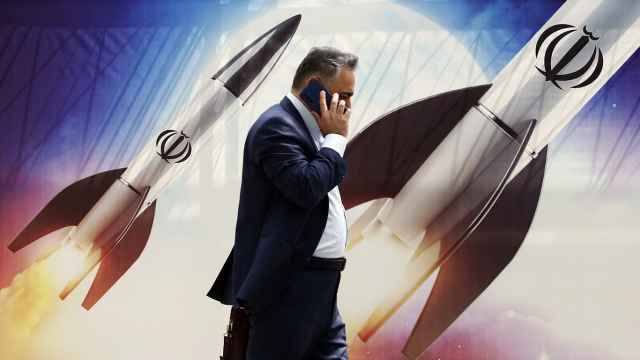Russia will stand by the Iran nuclear deal and develop closer ties with Iran if U.S. President Donald Trump withdraws from the agreement on May 12, a senior Russian official said on Friday.
Vladimir Yermakov, Director General of the Department for Non-Proliferation and Arms Control at Russia's Foreign Ministry, told reporters that a U.S. withdrawal from the 2015 accord known as the JCPOA did not necessarily mean the end of the deal.
"It might even be easier for us on the economic front, because we won’t have any limits on economic cooperation with Iran. We would develop bilateral relations in all areas — energy, transport, high tech, medicine," he said.
Trump, a long-time critic of the deal struck by major world powers, has threatened to pull out unless a follow-on agreement is reached to fix what he calls its "flaws."
"If the United States breaks an international agreement backed by UN Security Council resolutions, it will be the United States that should suffer the consequences. Neither Iran nor China nor Russia nor the European states should lose out," Yermakov said.
Russia would continue to uphold its obligations under the deal, if it was able to and if continuing adherence to the JCPOA was in Russia's interests. Keeping the deal alive was in the best interests of international security, he said.
Likewise, there was no reason for Iran to pull out of the deal, and it was in a strong position because it was fully meeting its obligations, said Yermakov, who was attending a nuclear non-proliferation conference in Geneva.
"It’s not in anybody’s interest that Iran goes back to the kind of development of its nuclear program that all states would be concerned about. But Iran is fully entitled to develop peaceful nuclear energy," he said.
If the United States pulled out, there was no question of discussing new UN Security Council sanctions on Iran, he added.
In fact, the United States should theoretically be sanctioned for breaking an international agreement, but that would not happen because it had a veto at the United Nations.
Yermakov said nobody could foresee what calculations Trump might make about withdrawing from the JCPOA, but the vast majority of UN states at the Geneva conference had supported a joint Russian-Chinese declaration supporting the JCPOA.
Practically all states had backed the declaration, but the United States had put pressure on its European NATO allies to persuade them not to give it their backing, Yermakov said.
"That was a great surprise for us, because what we put in our joint statement completely accorded with their national positions. There wasn’t a single word that in any way contradicted their national positions," he said.
"We explained this to our European partners and it was very difficult for them. They were under colossal pressure."
A Message from The Moscow Times:
Dear readers,
We are facing unprecedented challenges. Russia's Prosecutor General's Office has designated The Moscow Times as an "undesirable" organization, criminalizing our work and putting our staff at risk of prosecution. This follows our earlier unjust labeling as a "foreign agent."
These actions are direct attempts to silence independent journalism in Russia. The authorities claim our work "discredits the decisions of the Russian leadership." We see things differently: we strive to provide accurate, unbiased reporting on Russia.
We, the journalists of The Moscow Times, refuse to be silenced. But to continue our work, we need your help.
Your support, no matter how small, makes a world of difference. If you can, please support us monthly starting from just $2. It's quick to set up, and every contribution makes a significant impact.
By supporting The Moscow Times, you're defending open, independent journalism in the face of repression. Thank you for standing with us.
Remind me later.



